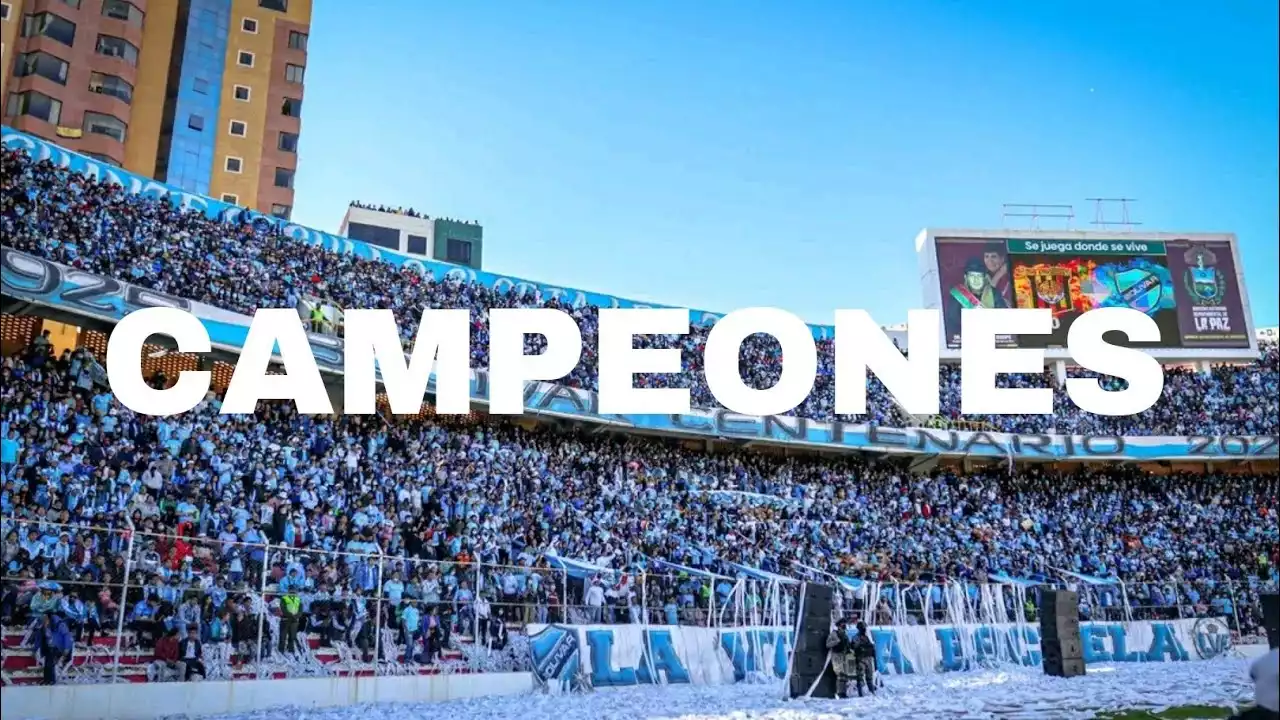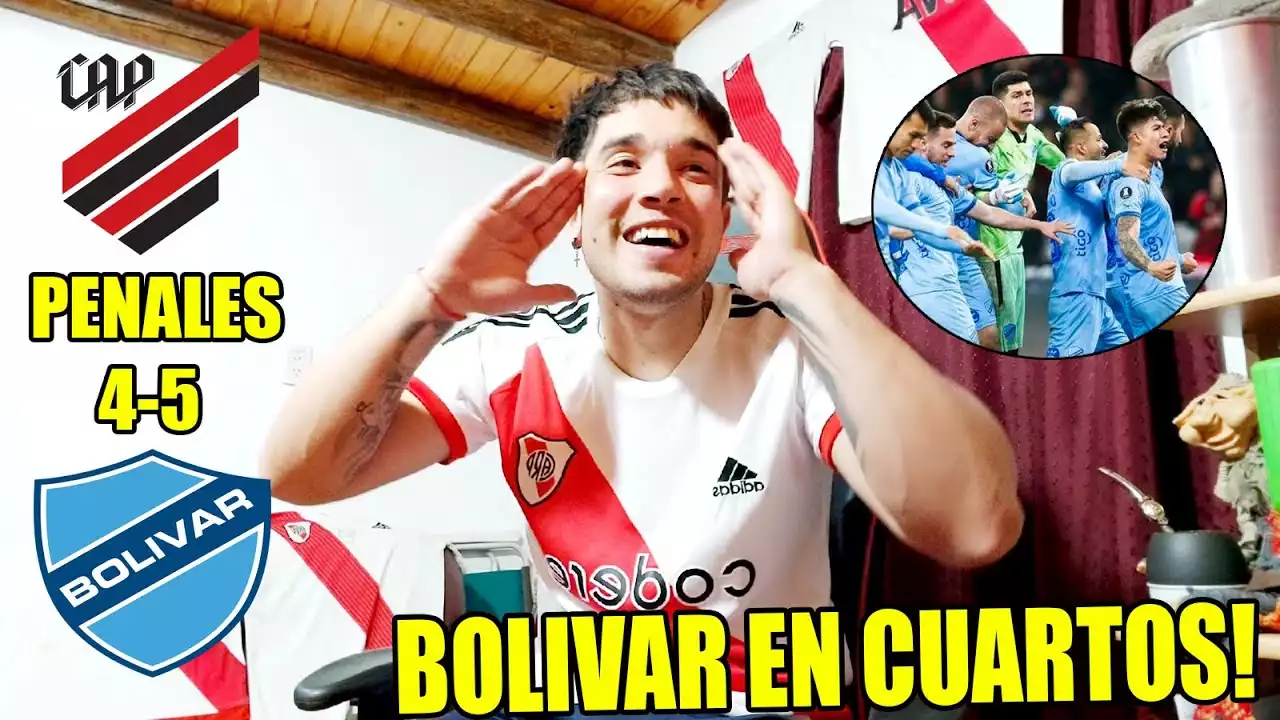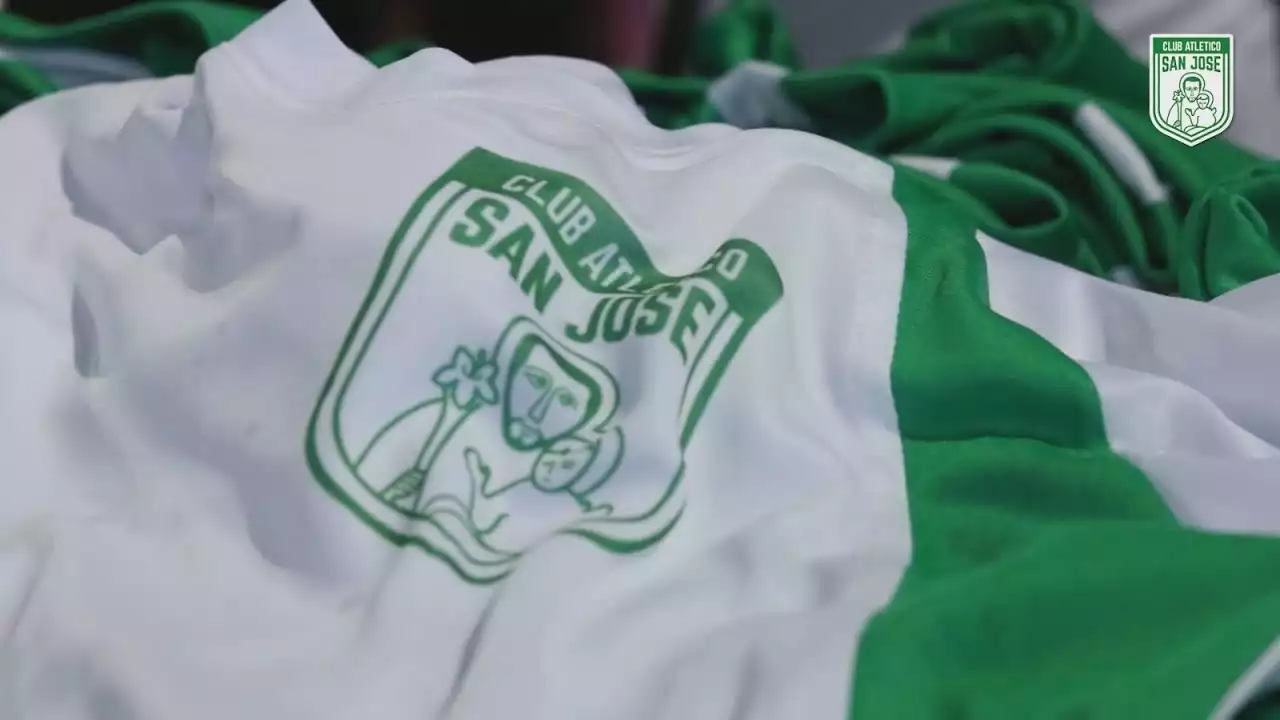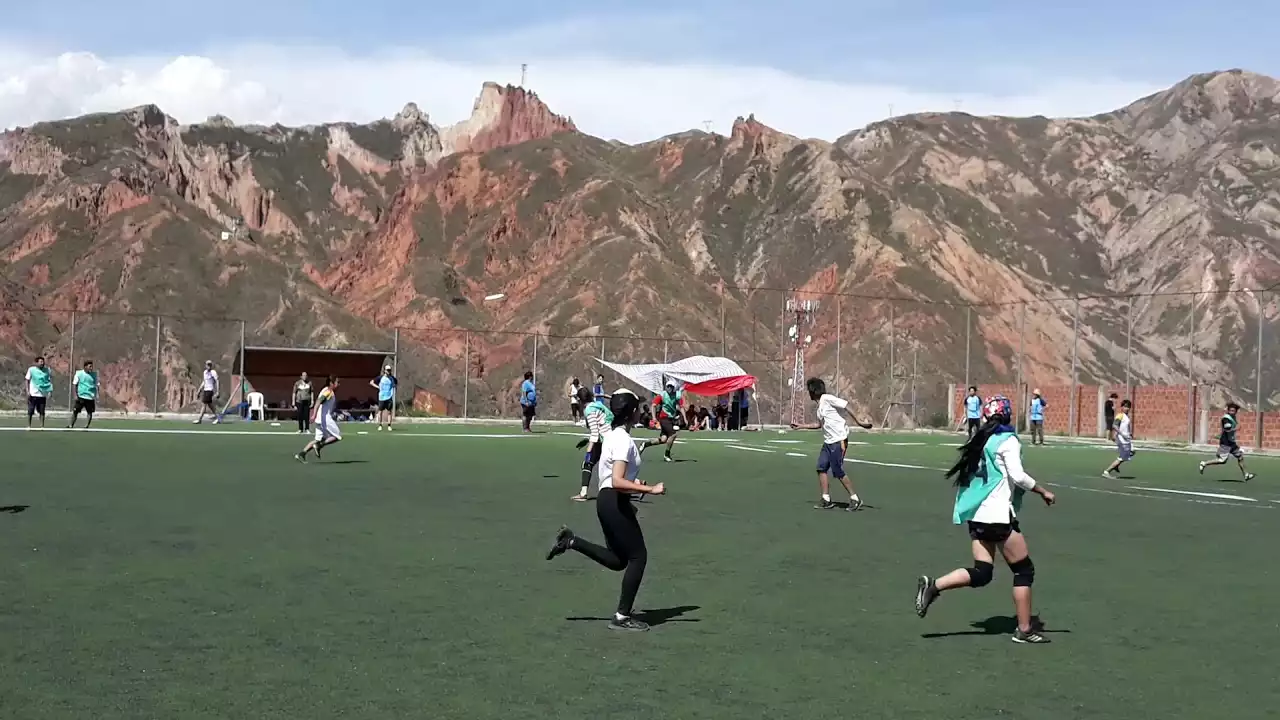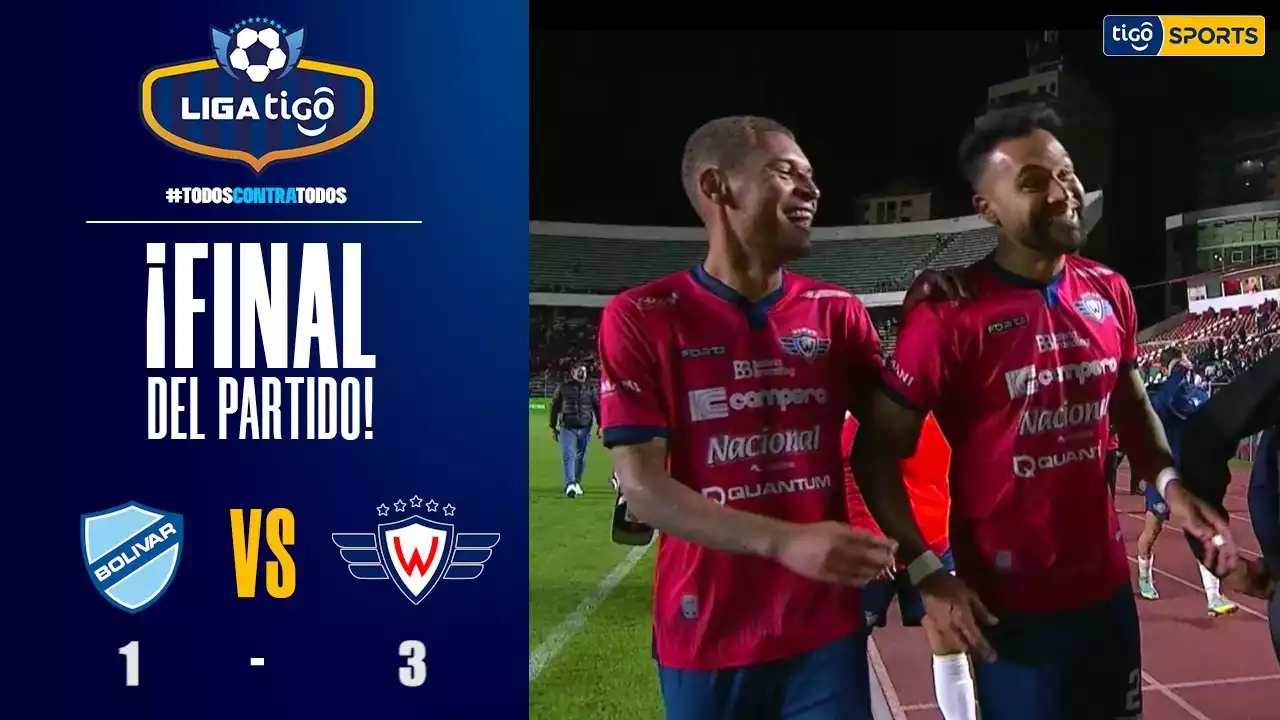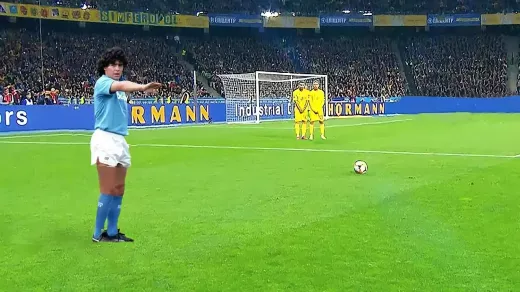History of Club Mergers and Name Changes in Bolivian Football
Throughout the history of Bolivian football, club mergers and name changes have played a significant role in shaping the landscape of the sport. These transformations have often been driven by various factors, including financial considerations, fan support, and strategic partnerships.
One notable example of a club merger is the formation of Club Bolívar, one of Bolivia's most successful and iconic clubs. In 1988, Club Bolívar was created through the merger of two prominent clubs, Club Litoral and Club Mariscal Braun. This merger brought together the resources, talent, and fan bases of both clubs, catapulting Club Bolívar to new heights of success.
Another noteworthy example is the Club Always Ready, which has undergone its fair share of name changes. Originally founded as Always Ready Football Club in 1933, the club changed its name to Deportivo Municipal in 1978 due to financial difficulties. However, in 1997, the club reverted to its original name, Club Always Ready, symbolizing a return to its roots and a renewed sense of identity.
Reasons Behind Club Mergers and Name Changes
Club mergers and name changes in the Bolivian Primera Division are motivated by a variety of factors. Financial considerations often play a significant role, with struggling clubs seeking partnerships or mergers to pool resources and secure their future. Additionally, a name change can help rebrand a club, attracting new sponsors and fans, and generating fresh interest in the team.
Strategic partnerships between clubs are also a driving force behind club mergers. By joining forces, clubs can leverage each other's strengths and create a more competitive team. This can lead to increased success on the field and a stronger position in the league.
Furthermore, fan support plays a crucial role in club mergers and name changes. Clubs want to maintain and grow their fan base, and sometimes rebranding can help attract new supporters. However, it's important to strike a balance between appealing to new fans and respecting the loyalty and traditions of existing supporters.
Impact of Club Mergers and Name Changes on Fans and Local Communities
Club mergers and name changes can have a profound impact on fans and local communities. While these transformations can bring excitement and revitalization to a club, they can also create unease and a sense of loss for longtime supporters.
For fans, a club merger or name change can lead to a reevaluation of their loyalty. Some may embrace the changes and adapt to the new identity, while others may feel disconnected from the club they once supported. This can result in a decline in attendance and fan engagement, affecting the club's overall revenue and success.
In local communities, club mergers and name changes can have broader implications. Football clubs often play an integral role in the social fabric of their communities, uniting people and fostering a sense of pride and identity. When a club undergoes significant changes, it can disrupt the community's sense of belonging and shared history.
Famous Club Mergers and Name Changes in the Bolivian Primera Division
Several famous club mergers and name changes have occurred in the Bolivian Primera Division, leaving a lasting impact on the league's history.
One notable example is the merger between Club The Strongest and Club Deportivo Municipal in 1952, resulting in the formation of Club The Strongest Municipal. This merger brought together two strong clubs and created a formidable team that went on to achieve success in the league.
Another significant transformation occurred with Club Jorge Wilstermann, which was originally known as Club Deportivo Jorge Wilstermann. However, in 1980, the club changed its name to honor its founder, Jorge Wilstermann, a renowned Bolivian aviator. This name change not only paid tribute to an influential figure but also solidified the club's identity and connection to its roots.
Challenges Faced During Club Mergers and Name Changes
Club mergers and name changes are not without their challenges. These transformations require careful planning, coordination, and effective communication to ensure a smooth transition.
One common challenge is maintaining fan loyalty during a club merger or name change. Engaging with fans, addressing their concerns, and involving them in the decision-making process can help mitigate potential backlash and foster a sense of ownership.
Additionally, rebranding a club requires a comprehensive marketing strategy to effectively communicate the reasons behind the changes and capture the attention of new fans. This includes updating branding materials, launching targeted campaigns, and leveraging digital platforms to reach a wider audience.
Success Stories of Clubs After Mergers and Name Changes
Despite the challenges, many clubs have experienced success after undergoing mergers or name changes. These transformations have allowed clubs to tap into new resources, attract talented players and coaches, and create a stronger competitive edge.
An excellent example is the success of Club Bolívar after its merger in 1988. The club went on to win numerous league titles and establish itself as one of Bolivia's most dominant teams. The merger allowed Club Bolívar to combine the strengths of both clubs and create a powerhouse in Bolivian football.
Club Always Ready's return to its original name is also a success story. The rebranding brought renewed energy and identity to the club, resulting in increased fan support and a rise in performance on the field.
Controversies Surrounding Club Mergers and Name Changes
Club mergers and name changes are not without controversy. These transformations can stir up passionate debates among fans, with some embracing the changes while others vehemently oppose them.
One source of controversy is the potential loss of a club's history and traditions. Long-standing clubs have deep-rooted traditions, and any changes to their identity can be seen as erasing their heritage. Finding a balance between honoring the past and embracing the future is a delicate task that clubs must navigate.
Another controversial aspect is the impact on rivalries. Club mergers and name changes can alter longstanding rivalries and reshape the dynamics of the league. While some rivalries may be preserved or even intensified, others may be diluted or lost altogether.
Future Prospects for Club Mergers and Name Changes in Bolivian Football
The Bolivian Primera Division is likely to continue experiencing club mergers and name changes in the future. As the sport evolves and the demands of modern football increase, clubs will seek innovative ways to remain competitive and secure their financial stability.
Strategic partnerships and mergers may become more common as clubs look to pool resources and talent to achieve success. Additionally, rebranding efforts will be driven by the desire to attract new fans, secure sponsorship deals, and maintain relevance in an increasingly competitive football landscape.
However, it's crucial for clubs to approach these transformations with sensitivity and consideration for their fan base and local communities. Balancing the need for growth and progress with the preservation of tradition and heritage will be essential in navigating the future of club mergers and name changes in Bolivian football.
